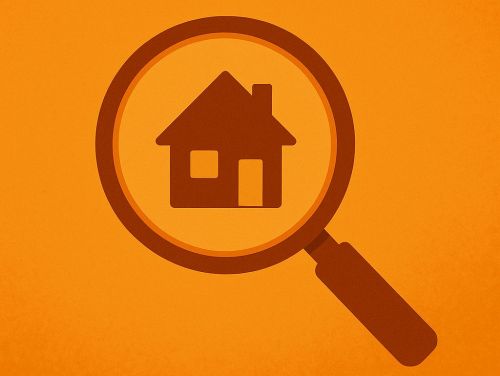20 April 2022
The role of planning and sustainability
Commercial, ESG & Sustainability, Industry News, Planning, SHW News
Planning was one of the first government functions to fully embrace the principle of sustainable development, and it plays a vital role in delivering change and long-term visions for new and existing communities.

The National Planning Policy Framework clearly states that the purpose of the planning system is to achieve "sustainable development", containing strong policies on climate change. This has, in turn, led to some local authorities introducing even clearer targets to ensure that new development facilitates environmental improvements and provides mitigation against climate change.
Recent examples of this have included the London Plan, adopted in 2021, introducing a new requirement for development to "calculate whole lifestyle carbon emissions through a recognised assessment and demonstrate actions taken to reduce them," in Policy SI 1. Professionals have described this approach as an 'exemplar' which needs to be actioned around the rest of the country.
Zoe Brown, Senior Planner at SHW, says: "On the south-coast, for example, Brighton & Hove City Council have introduced a requirement for all buildings above five metres to provide bee boxes, along with providing bird nesting boxes suitable for swifts. The aim is to increase the opportunities for biodiversity and to support the natural ecosystem.
"A number of other local authorities have also produced climate specific supplementary planning documents which further emphasise the ambitions for reducing carbon emissions and tackling climate change."
Click here to speak to the planning team today to discuss the environmental requirements for your project.
See more about our work around Sustainability & ESG by clicking here.




